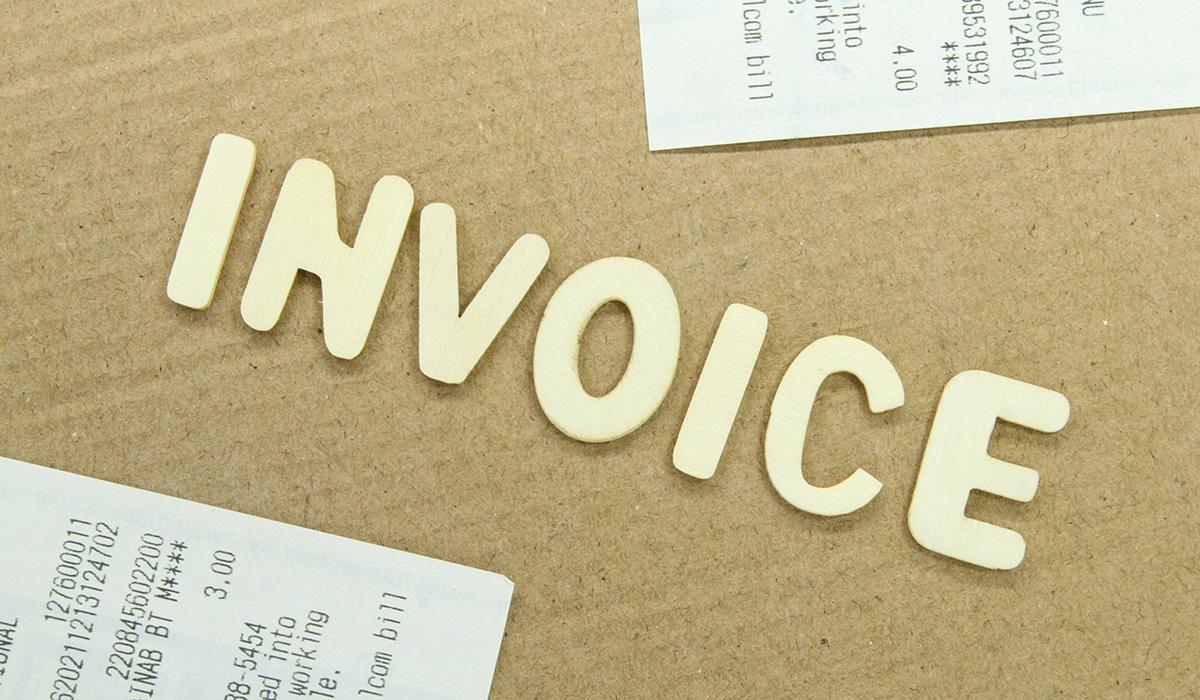E-Invoice Implementation for New Businesses in Malaysia [Issue 2 of 2]
- Requirement to Implement E-Invoicing Once Revenue Exceeds RM500,000
If a new business’ annual revenue exceeds RM500,000 after it has been exempted in the first year(s), the business will be required to start using e-invoices from 1 January in the second year following the year in which their total annual turnover or revenue surpasses RM500,000.
Example:
- In YA2026 (i.e., from 1 January 2026 to 31 December 2026), Pak Salleh’s revenue exceeds the RM500,000 threshold (e.g., RM750,000). Consequently, Pak Salleh is now required to implement e-invoicing starting from 1 January 2029 (the second year after exceeding the RM500,000 threshold).
- New Businesses with Revenue Below RM500,000
New businesses that commence operations with an annual revenue below RM500,000 in 2023, 2024, or 2025, and do not meet the e-Invoice exemption criteria, will be required to implement e-Invoicing starting 1 July 2026.
Example:
- Paper Bottle Sdn Bhd, incorporated as a subsidiary of Paper All Berhad, started operations on 1 April 2023 and reported an annual revenue of RM230,000 for YA2024 (1 April 2023 to 31 March 2024). Although the revenue is below the RM500,000 threshold, the company will be required to implement e-invoicing starting from 1 July 2026, as the exemption criteria were not met.
By understanding these e-invoicing regulations, businesses that commence operations between 2023 and 2025 can ensure they comply with the rules and are prepared for future requirements.














